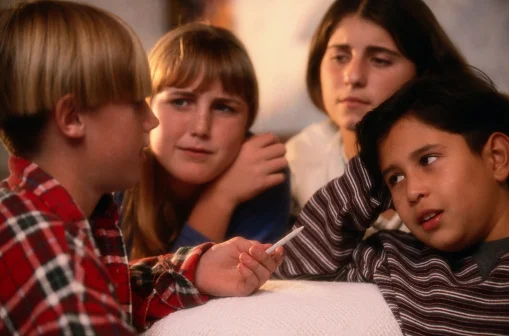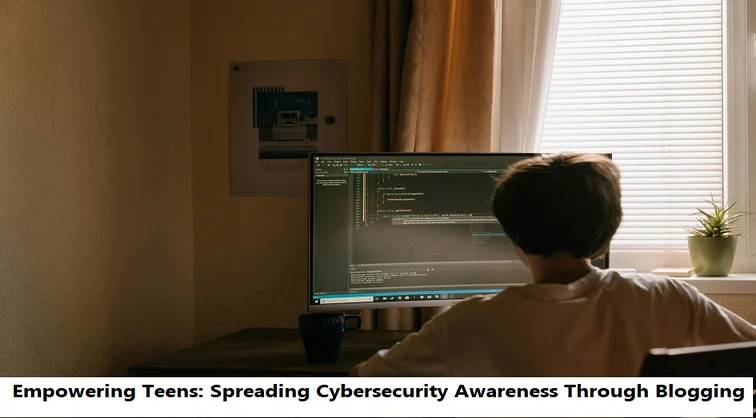+1 845 259 2974 (11 a.m to 7 p.m CST)
Peer pressure: Kids are known by the company they keep

Teenagers spend a lot of time in identifying their kind of peer group and then try to become a part of the group in a bid to reinforce his/her status in society. Peer groups can influence the behavior of a person to a great extent and this process is not age specific. The age old saying: “A man is known by the company he keeps” rings true even today. Eventually the entire group would adopt a shared set of behavior and would do everything together. Parents should make no mistake in understanding that the kind of people that your teenage offspring hangs out with will play a role in shaping the attitude of your child. After all, peer pressure and bullying go hand in hand.
One for all, all for one
Teenage years are ripe with crises of many hues and the quest to understand their being is on top of their priority list. This is the time when teenagers would show signs of rebellion and would look for ways in which to exert their independence. Looking for like-minded people is a natural part of this process and in the end any kid would select a core group for him/herself. From here on, the loyalty belongs to the peer group, through thick and thin.
Autonomy personified
When the biological clock of your kid strikes ‘teen’, you should brace yourself for the ensuing mayhem. The most difficult part for parents at this stage is to maintain complete control over the lives of their children. This is due to the reason that teenagers will fight to win bits and pieces of autonomy from their parents in a bid to improve their status within a peer group.
Fitting in
Teenagers are well known to adopt the behavior of the larger peer group in order to ‘fit in’. On a second thought, why only blame teenagers for this characteristic? Adults would more or less act in the same way when they want to join a certain group. The need to be recognized among their friends make the teenagers do weird stuff which they are most likely to regret later on.
Order through force
Members of peer groups that include teenagers would maintain bullying within the larger group to keep the system running. The peers are also active participants in incidents of bullying.
Network of friends
It is usually difficult for teenagers to sever ties with the peer group that they adopt as their own. The main reason for this is the strong friendship network that such groups provide to the members. No matter how negative the activities of these groups may be, the bond of friendship therein is strong.
Applying pressure techniques
Boys and girls will use different pressure techniques within a peer group. While boys are more likely to engage in physical bullying, girls on the other hand will rely more on their verbal skills. This is by far the most obvious difference between how boys and girls pressurize others within the core teenage group. This aspect should be considered when studying the causes of bullying.
Pity the parents
There is not much that parents can do to subdue the free spirited teenagers that they so painstakingly try to keep under their control. Communication is not a bad option because that way you can skillfully guide your kids in the right direction without really challenging their autonomy. Get to know the peer group that your kid hangs out with and also know their parents if and when possible. Other than this, speak less while keeping your eyes and ears open at all times to ensure the safety of your children.






















